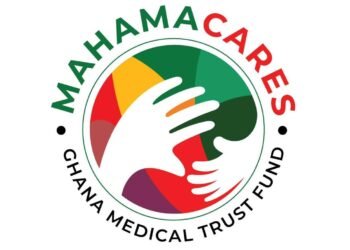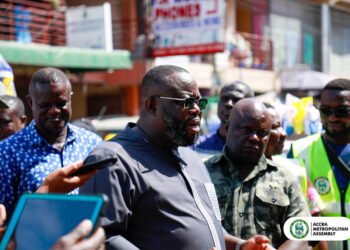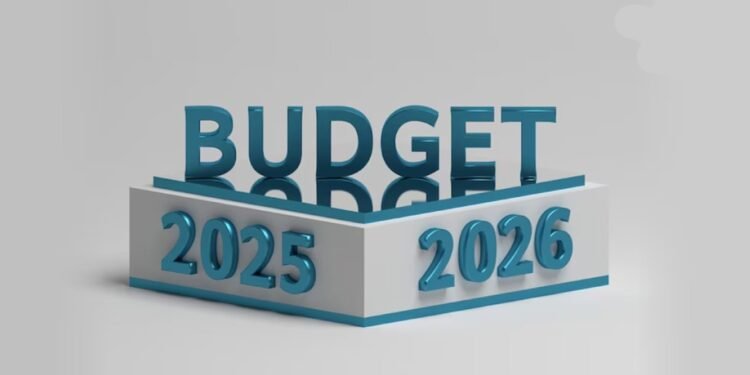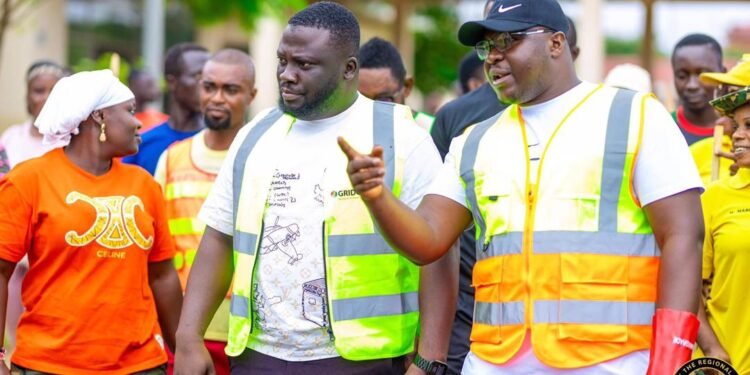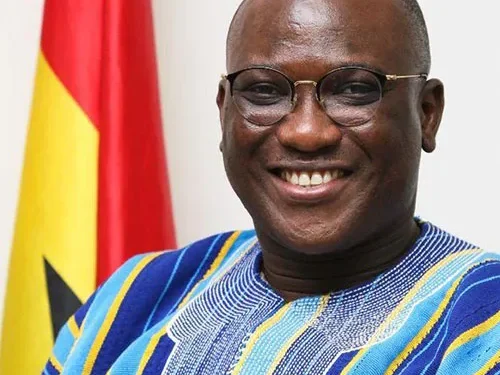Executive Director of Africa Education Watch, Kofi Asare, has described the manner in which examination questions got leaked in the WAEC 2020 examination as “unprecedented”.
According to him, what happened last year is no too different from what happens every year. His comments follow an independent assessment report of the examination conducted by his outfit.
The report chronicled the event leading to the leakage and circulation of examination questions to students.
“This research fits into a big government agenda to reform WAEC. His Excellency, the President indicated in his SONA that his government was going to reform WAEC and make it more credible. The Minister for education has consequently reiterated the same fact. So, as a CSO in the education space, this research is supposed to guide the ministry of education or support it to proffer lasting solutions to the issue of examination malpractices; without necessarily focusing on what happens in the classroom, but also blocking the gaps in the question distribution scheme. Because that is the source of the leakage.
“We are in the tenth month since the leakage occurred… We are yet to know what has happened. Apart from the leakage in the examination, the key thing was the magnitude and dimension of the leakage in questions. It was also unprecedented”.
Exposure of examiners details embroiled in leakages
Touching on the publication of examiners embroiled in the exam questions leakage, Mr Asare noted that the exposure of examiners contact is a subject of “non-disclosure”.
According to him, WAEC admitted the leakage of the details of the examiners embroiled in the leaked exam questions. To contain the situation, he explained that WAEC came out saying they were “constituting a team to investigate the matter”.
“When the leakage occurred, 1,520 names, their telephone, the schools that they are working in… everything was leaked. We engaged WAEC [and] WAEC had a press conference and assured the public that, that was only a provisional list and that they had about 20,000 markers. Suggesting that they were not going to use the 1,520, but eventually, WAEC went ahead and used the same number of the same examiners whose contacts were leaked.
“We thought that, that was something we couldn’t pass without critical analysis and review. In the sense that, WAEC on its website aims to [ensure the] examination is consistent with the standards of British examining bodies”.
Recommendation to avert future leakages
As part of several recommendations, Mr Asare suggested government to take steps to break the monopoly enjoyed by WAEC. The research, he maintained, was triggered by the “gravity of malpractices” witnessed in the 2020 WASSCE exams. Coupled with this, is the “unprecedented leakage of names and contacts of examiners”.
In a bid to prevent future occurrence, he suggested that offenders must be investigated and prosecuted. Also, the Ministry of Education must set up a Regulator of Assessments, like the one undertaken in the United Kingdom.
Mr Asare further insisted that, a break of “WAEC Monopoly” and the provision of digitized “question distribution system” will help in the breakaway from malpractices.
Similarly, he revealed that, the reinforcement of ban on the use of mobile phones and a “divorce” of Ministry of Education from the WAEC’s Governing Committee will help.
Read Also: Ghana, from policy introduction, is as though founded on fraud – Prof. Bokpin suggests







